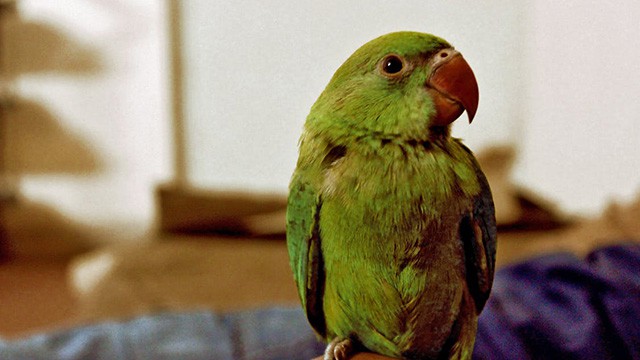Pet Bird in Brampton Tests Positive for Disease That Can Infect Humans
Published August 17, 2017 at 5:48 pm

A pet bird in Brampton recently tested positive for an infection that can be transmitted to humans, the Region of Peel reports.
A pet bird in Brampton recently tested positive for an infection that can be transmitted to humans, the Region of Peel reports.
The pet cockatiel, which was purchased through a home-based aviary business in the city, tested positive for avian chlamydiosis, an infection that can lead to psittacosis in humans. The region says there are no reported instances of human infection in connection with this case and the risk to the general public is low.
Fortunately for both birds and humans, the infection is treatable. According to the Centres for Disease Control and Prevention (CDC), psittacosis can cause fever, chills, headache, muscle aches, and a dry cough. In cases where people have contracted the infection, pneumonia is often evident on chest x-ray.
The CDC says that endocarditis, hepatitis, and neurologic complications may occasionally occur, as well as severe pneumonia requiring intensive-care support.
In rare instances, people with the infection can die.
The infection is typically treated with antibiotics.
Peel Public Health advises anyone who may have recently purchased a bird from a home-based Brampton aviary, or through Kijiji, to take that bird, and any other pet birds that have been in contact with it, to a veterinarian to be tested for avian chlamydiosis.
Birds carrying the bacteria that cause psittacosis in humans and avian chlamydiosis in birds may appear healthy but could still be shedding the bacteria. Infected birds can and should be treated with antibiotics to eliminate the infection.
Residents who have purchased a bird from a home-based aviary business or on Kijiji and are now experiencing fever, muscle aches and a dry cough are advised to see their family doctor.
If diagnosed, antibiotics should clear the infection.
If you’re worried your bird may be unknowingly infected and you want to prevent transmission, the CDC says you can opt to wear gloves and a mask while handling your bird or cleaning its cage.
Birds who are infected might display inflamed eyes, have difficulty breathing and experience diarrhea-like bowel movements.
If your bird displays signs or symptoms of illness, take it to a vet immediately.
insauga's Editorial Standards and Policies advertising





